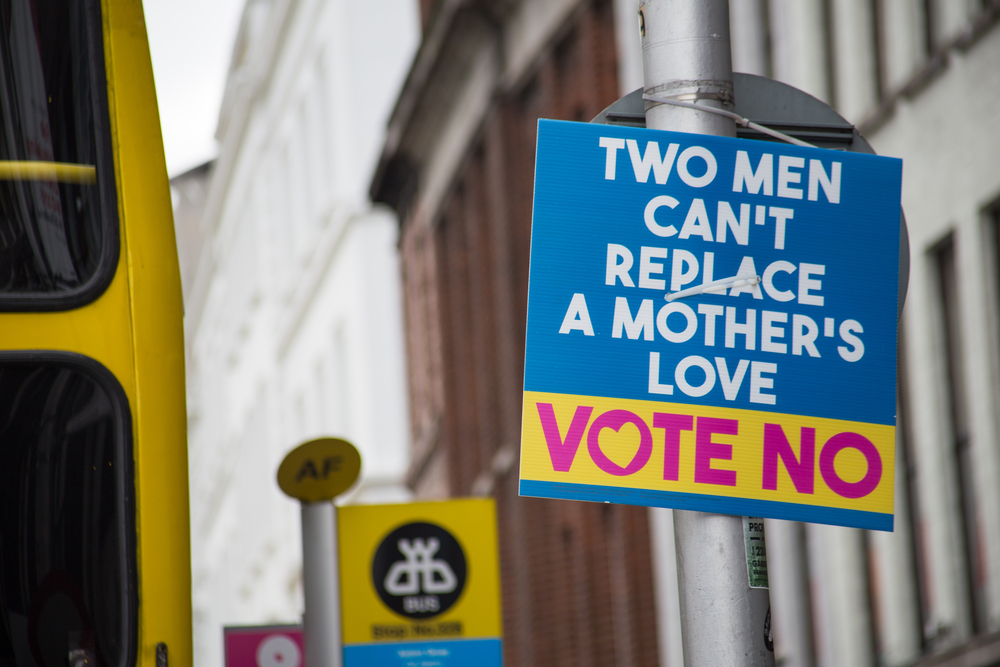
Australian researchers have identified Ireland’s same-sex marriage referendum ’No’ campaign had a deeply negative impact on lesbian, gay, bisexual, transgender and intersex people and their families.
Dr Sharon Dane from The University of Queensland’s School of Psychology, Dr Liz Short of Victoria University and Dr Grainne Healy of Ireland surveyed 1657 LGBTI people and their families.
“Only 23 per cent indicated they would be happy to have the referendum again,” Dr Dane said.
“Nearly three quarters of them said the ‘No’ campaign had a highly detrimental impact on young LGBTI people and the children of LGBTI parents.
“A majority of LGBTI people reported strong feelings of anxiety and anger when exposed to the ‘No’ campaign.
“Results show the euphoric TV images after the referendum hid the reality of the negative social and psychological impacts of the campaign on the daily lives of LGBTI people and their families.”
Respondents to the survey were recruited across all age groups and from rural and urban areas.
Young LGBTI people were particularly affected and were the group most likely to report negative psychological impacts from the campaign.
“What I found most disturbing is that younger LGBTI people are already vulnerable, and they were the ones reporting being most anxious and afraid in the lead-up to the referendum,” Dr Dane said.
“The referendum gave community and family members not supportive of marriage equality a platform from which to express hurtful views.”
Dr Short said respondents reported the referendum campaign provided a megaphone for homophobia and hate, and resulted in numerous strained, damaged and broken relationships.
“This research provides very clear evidence that significant social and psychological detriment results from holding a nation-wide debate,” Dr Short said.
“A debate calls into question whether all families, children and parents should have the same rights, recognition and options.
“Respondents reported the main focus of the ‘No’ campaign was to portray families headed by a married mother and father as ‘real’, ‘ideal’, ‘acceptable’ and ‘respectable’ – and others as less so.”
One respondent said “I hope no other country has to go through that…it was a dark time to be a LGBTI person”, while another felt like they were “in shark-infested waters” and “did not belong”.
Dr Healy described the Irish 'No' campaign as brutal, divisive and hurtful.
Media: Dr Sharon Dane, s.dane@psy.uq.edu.au, +61 403 895 268; Dr Liz Short, liz.short@vu.edu.au, +61 411 242 401; UQ Communications, communications@uq.edu.au, +61 7 3365 3439, Twitter @UQ_News.



